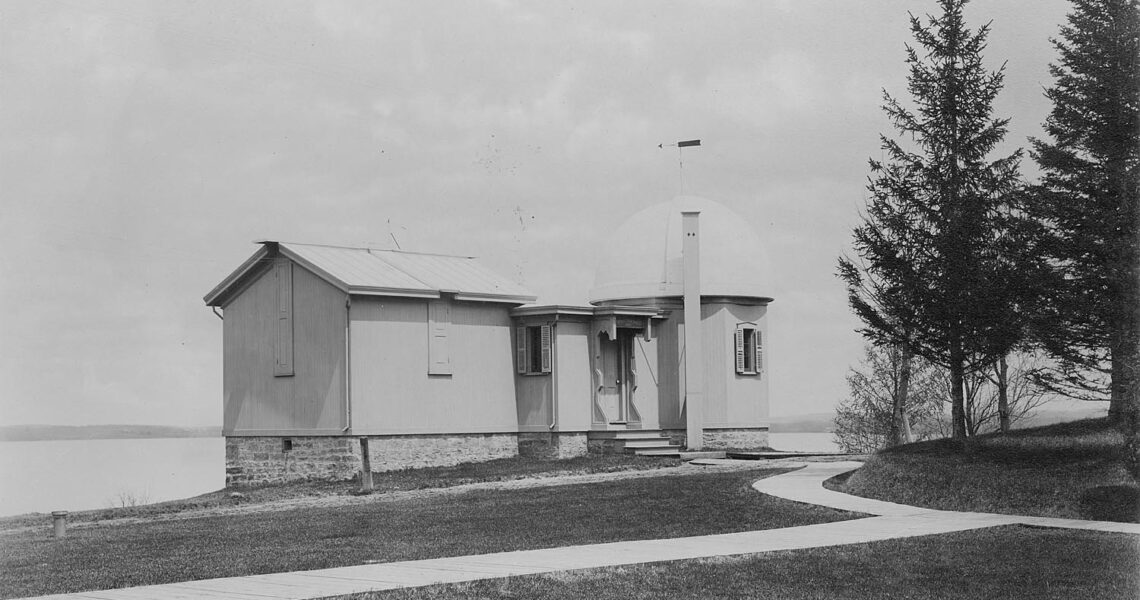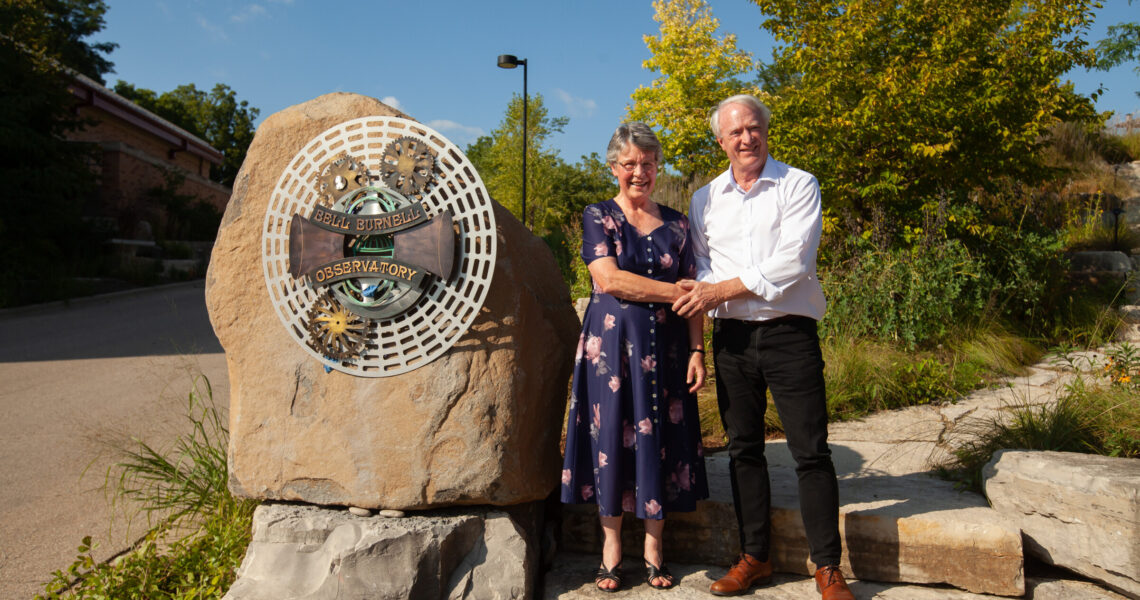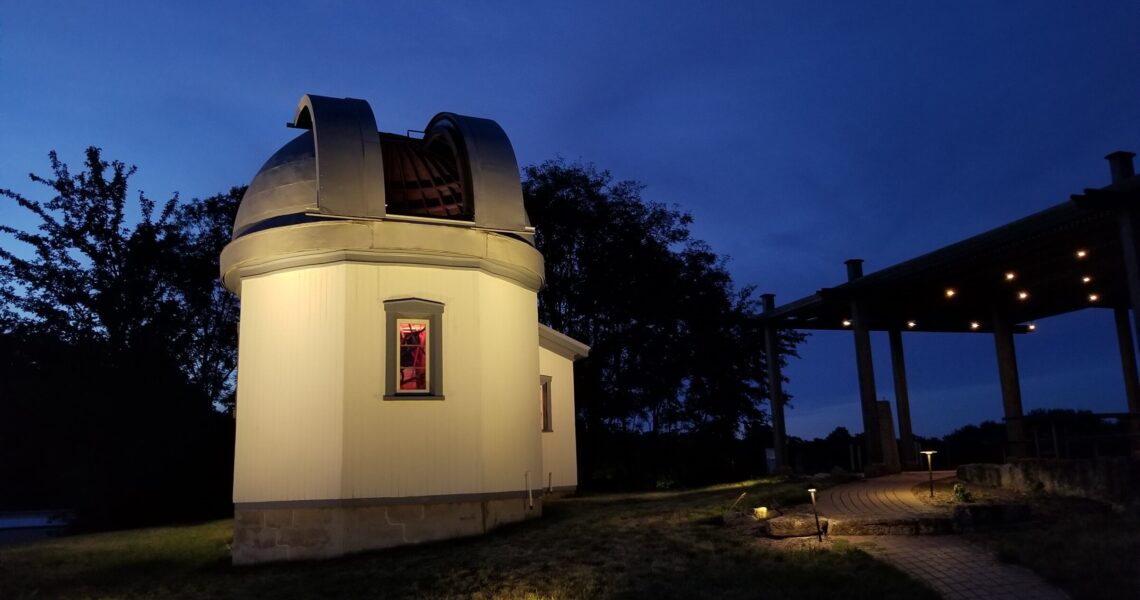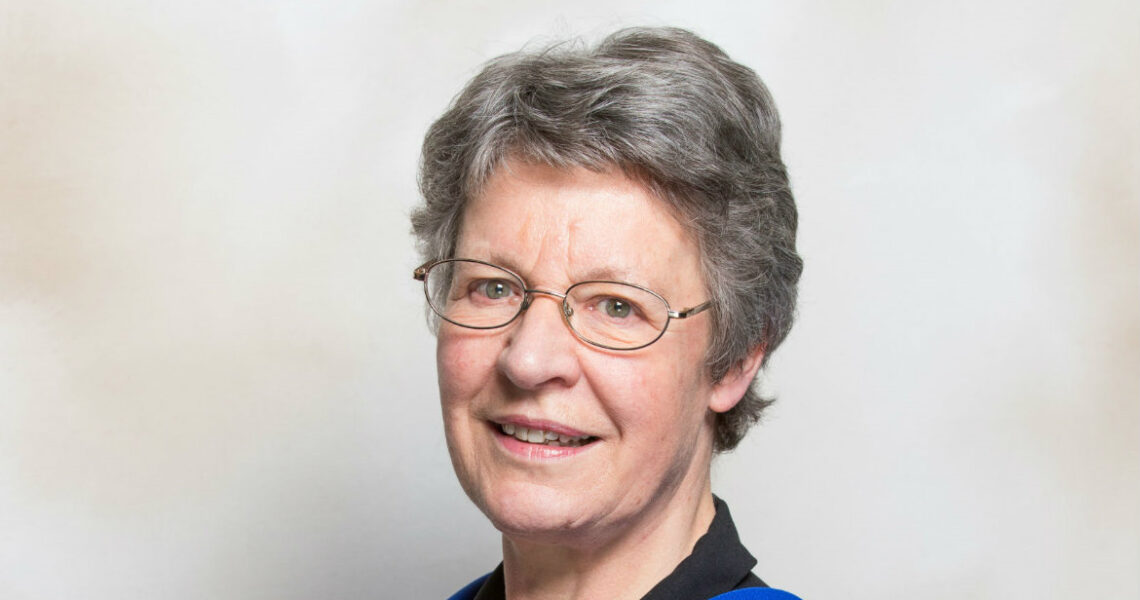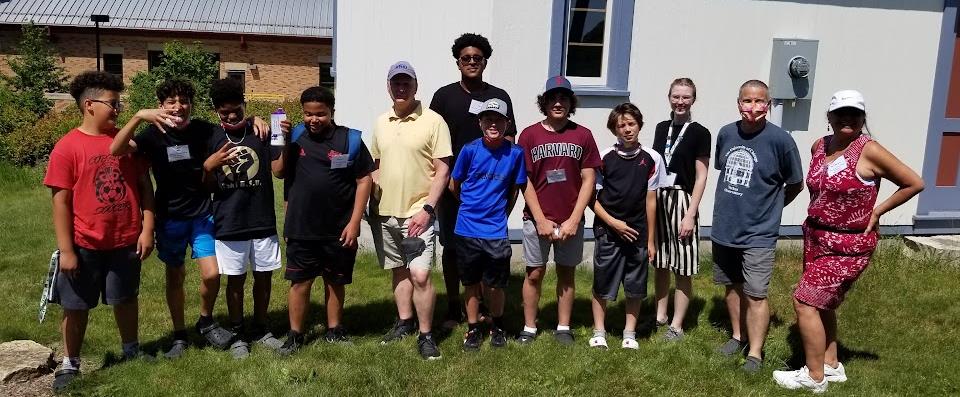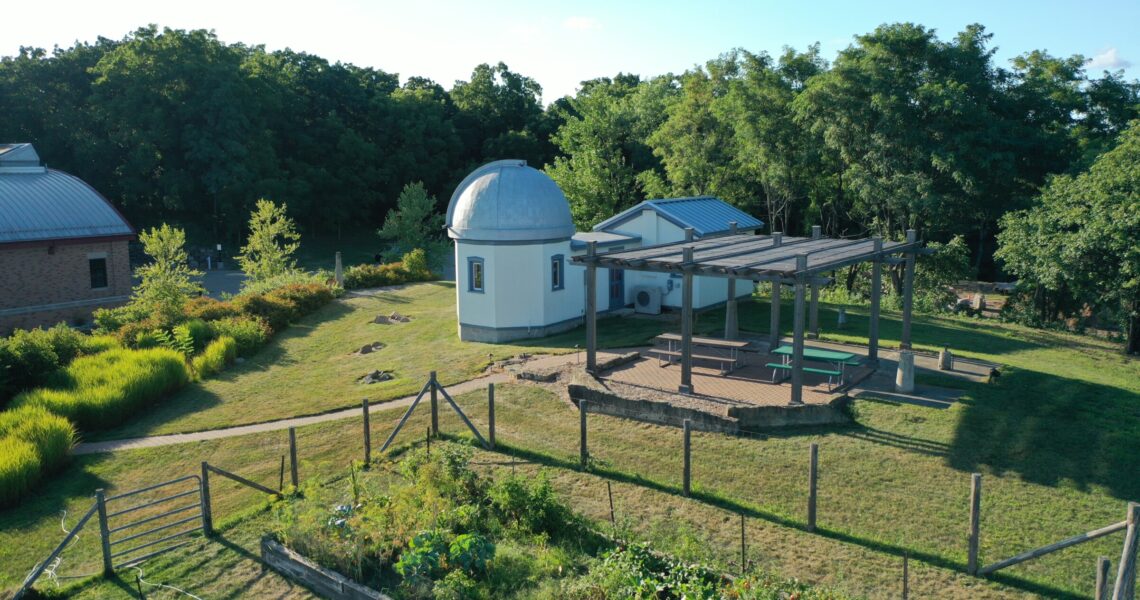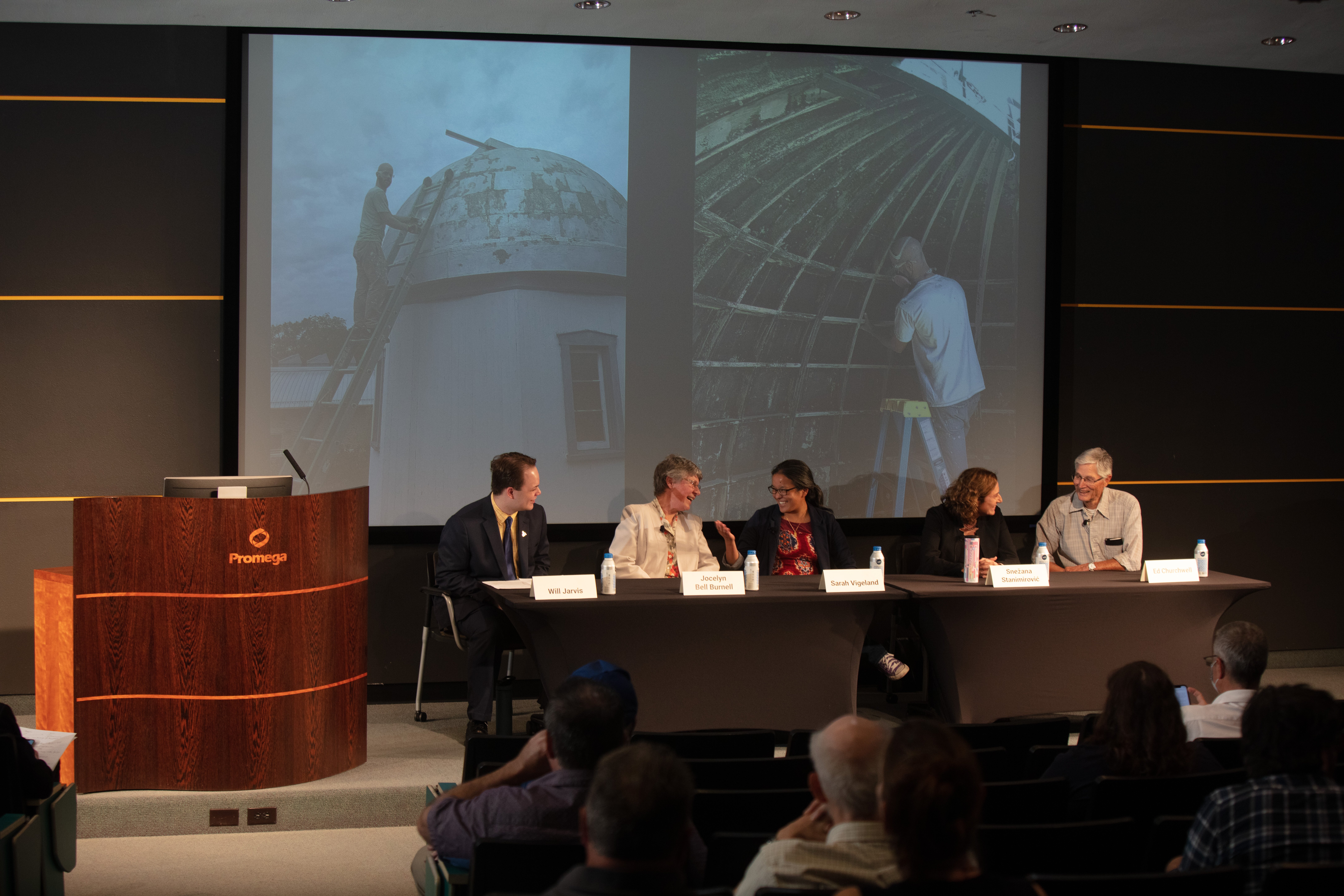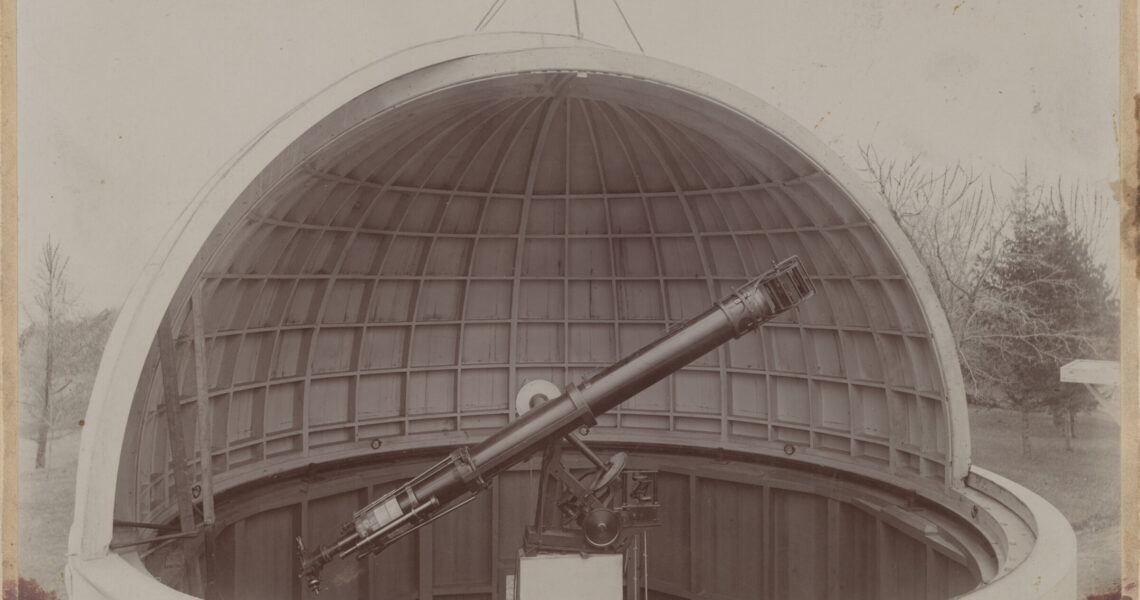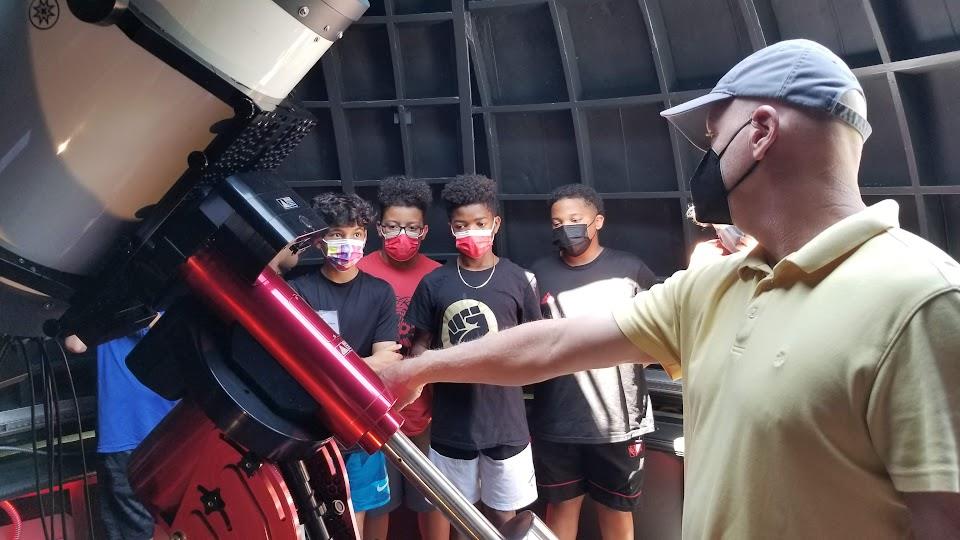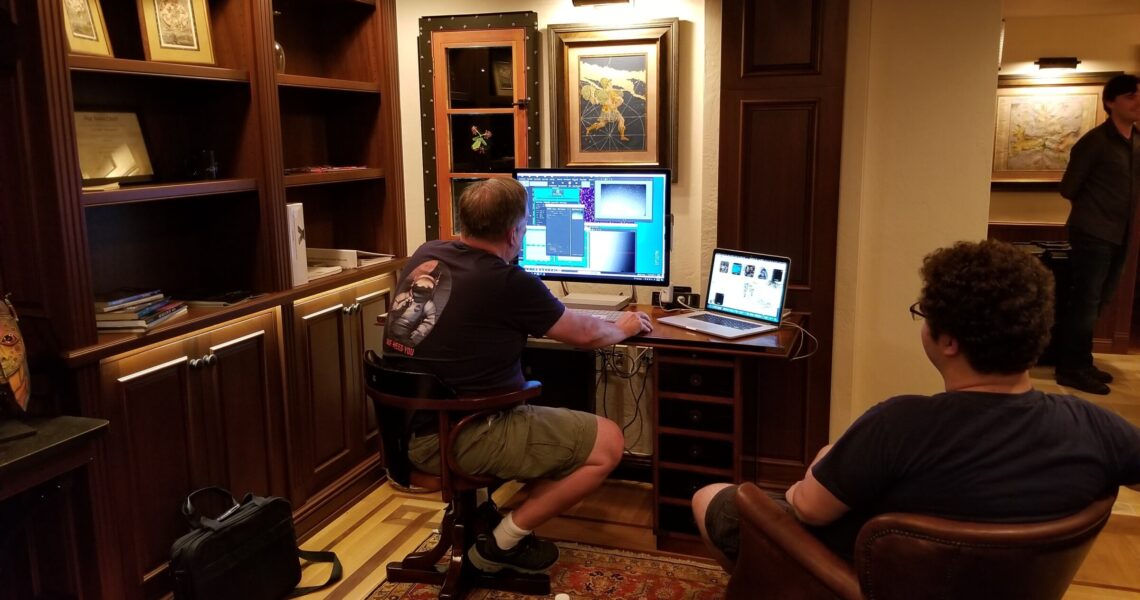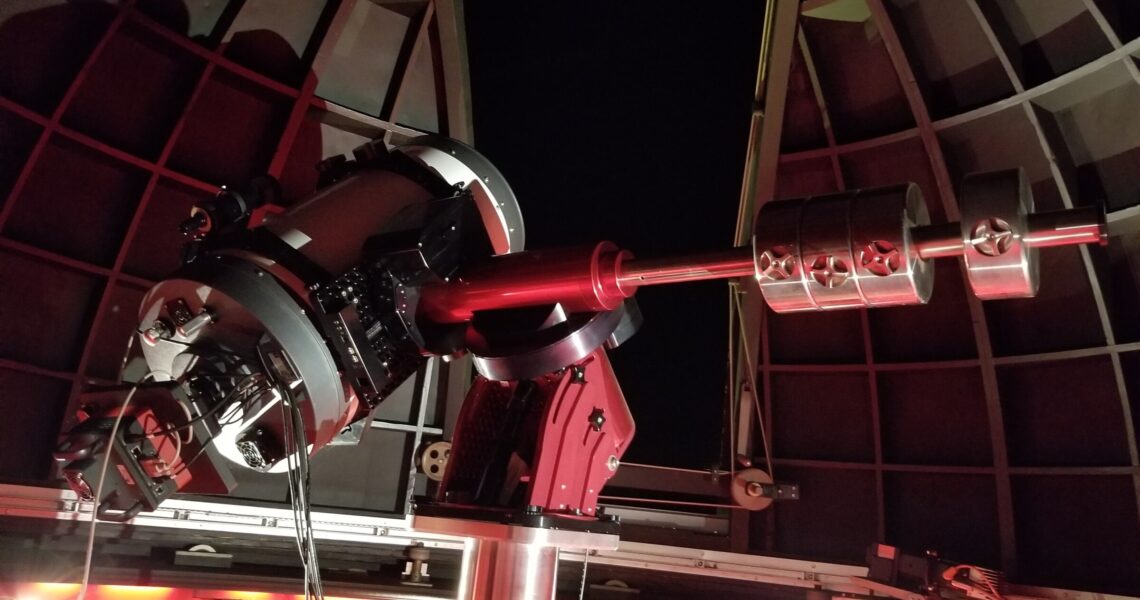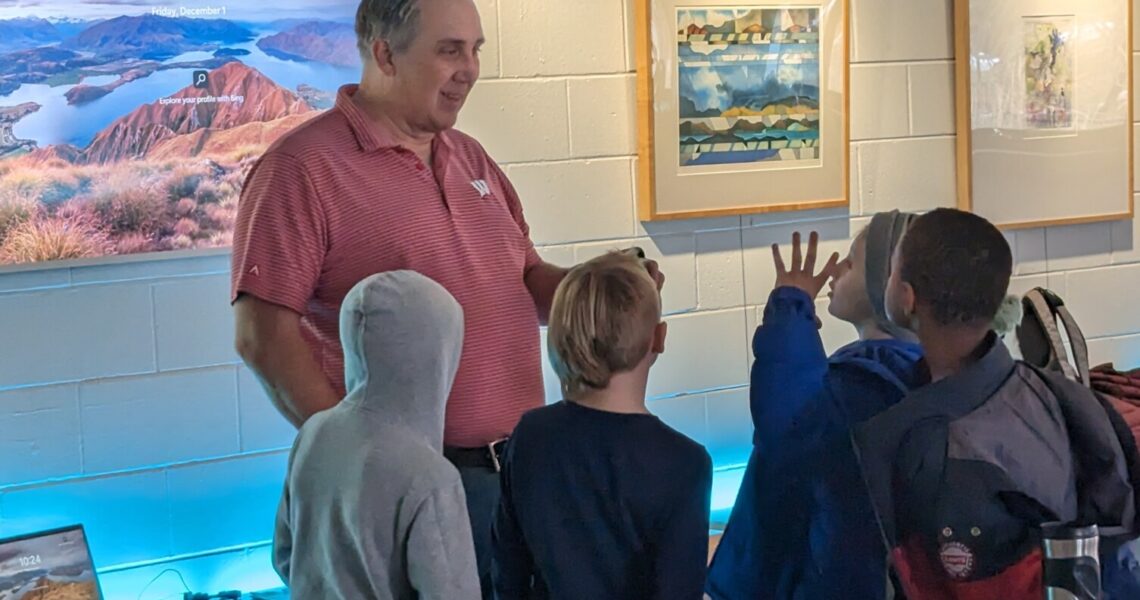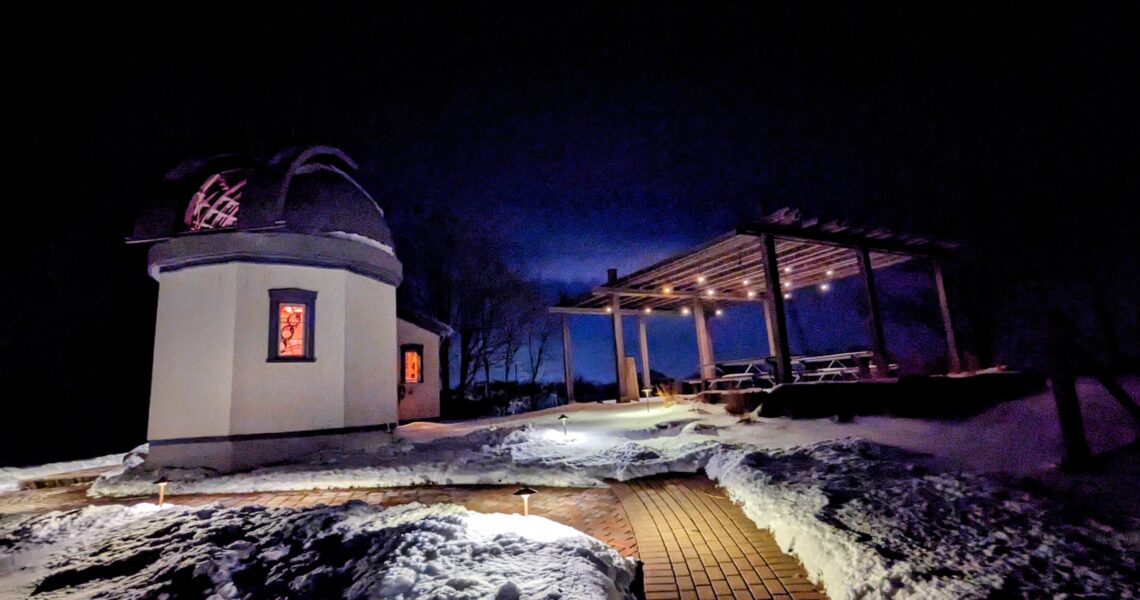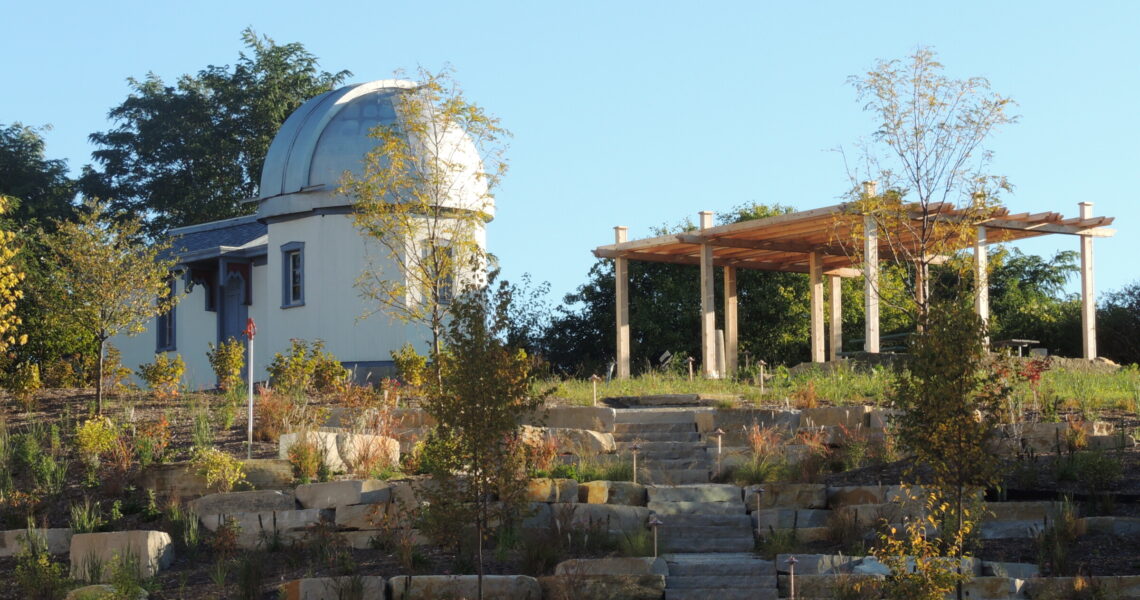Bell Burnell Observatory
overview
The Bell Burnell Observatory is located on the Promega campus in Fitchburg, WI. The observatory first opened in 1882 as the Student Observatory on the campus of the University of Wisconsin-Madison. In 1960, the building was moved to its current location, where it served as a home for the Madison Astronomical Society for 25 years. Today, the fully renovated observatory is one of the oldest operational observatories in the United States.
Now the Bell Burnell Observatory, this historic facility is a home for students once again. Educational programs hosted by the BTC Institute will give stargazers of all ages a unique opportunity to get hands-on experience with modern observational tools. These programs are supported by a dedicated education fund established by Bill Linton and Dargar Bjorksten.
Learn more about the Bell Burnell Observatory’s history and current activities: Bell Burnell Observatory Key Points
ABOUT DR. JOCELYN BELL BURNELL
Dr. Jocelyn Bell Burnell is an astronomer best known for discovering the rapidly spinning neutron stars later named “pulsars” while she was a graduate student at the University of Cambridge. She has shown a lifelong commitment to supporting women and other marginalized groups in astronomy. Throughout her long career, she championed the belief that anyone can make the next big discovery, and it is this belief that drives the mission of the Bell Burnell Observatory. We were honored to have Dr. Bell Burnell join us for the Astronomers’ Day: Panel Discussion and Naming Dedication of the Bell Burnell Observatory on September 6th and 7th, 2022.
TOURS, educational Programs & research projects
The Bell Burnell Observatory is open for group visits, as scheduled and staffed though the BTC Institute. You can tour this historic building, including the dome that houses the telescope. There is a stone staircase leading up to the observatory and a pull-down ladder to access the dome. Please note: this is a high-power, research-grade telescope that sends images to a computer screen for viewing as opposed to an eyepiece. Please contact us at least two weeks prior to your tentative visit. PLAN YOUR VISIT
Educational programs are offered for K-12 grade students and the general public. For example, middle school students participating in our 2022 space-themed summer program had a great session at the observatory in June. Check out the photos from their visit and read about what they learned! Looking for this type of experience? Share your interests with us: PLAN YOUR VISIT
Bob Aloisi, a graduate student in the Department of Astronomy at UW-Madison, is currently conducting research related to exoplanets with a team of undergraduate majors. Their work is supported by a grant from the Wisconsin Space Grant Consortium. Sound interesting? Follow Bob’s Blog…
For more information, please contact btci@btci.org.
Bell burnell observatory news
- For 2024-25, the BTC Institute received a $5000 grant from the Wisconsin Space Grant Consortium to develop BBO field trip programs for a range of visitors – from young students to the general public. Details coming soon!
- Thanks for joining us for the solar eclipse on April 8, 2024!
- Bob Aloisi’s student group continues their research project at BBO: Bob’s Blog. Check out this recent image:
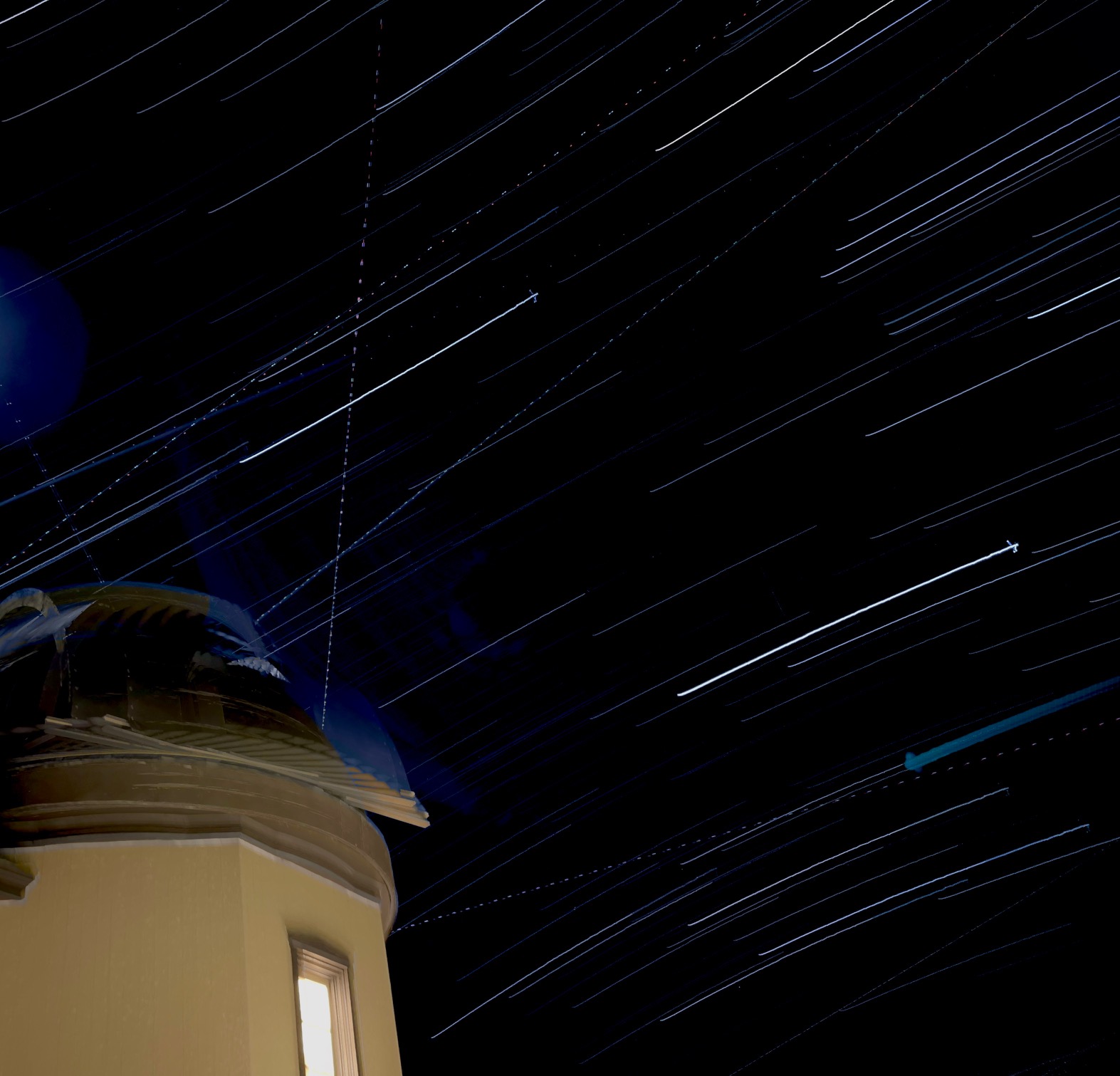 If you look carefully, this picture has 4 dim dotted lines at weird angles, which are satellites photobombing the star trails image.
If you look carefully, this picture has 4 dim dotted lines at weird angles, which are satellites photobombing the star trails image.
- Promega employees with strong interests in astronomy are being trained to use the telescope at Bell Burnell Observatory as program volunteers. This will allow the BTC Institute to increase our capacity for hosting activities in the future. PHOTOS.
- The 33rd Annual Wisconsin Space Conference program, hosted by the BTC Institute in August, 2023, included evening visits to BBO.
